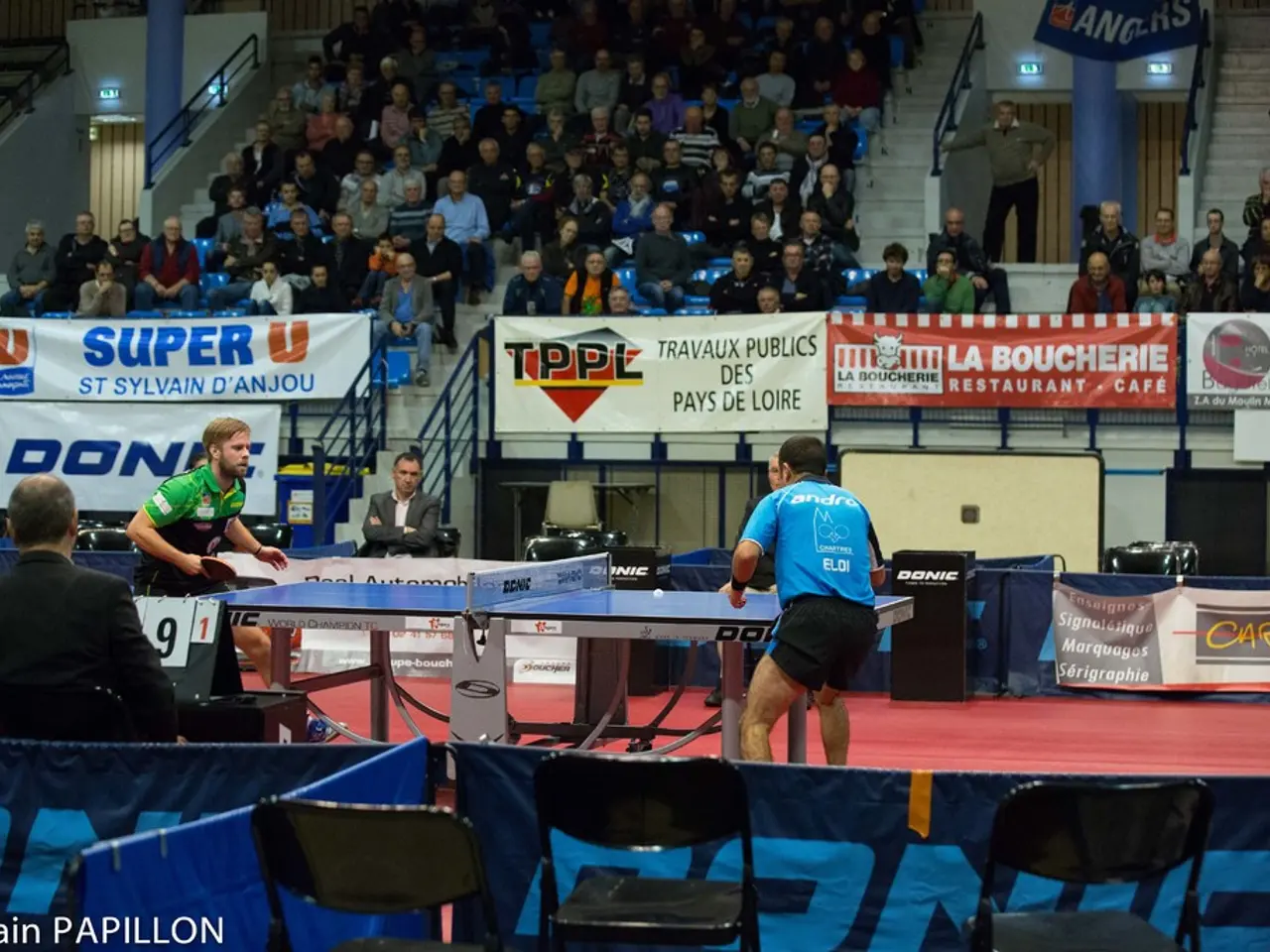"Experiencing Solitude": The Ache of Isolation Among Tennis Elite
In the world of professional tennis, the discussion around mental health is no longer a taboo subject, with numerous players openly acknowledging the challenges they face. Andrea Petkovic, a pioneer in this regard, has highlighted the crucial role women in tennis have played in starting this conversation.
At Wimbledon this year, Alexander Zverev made impactful statements about his own mental health struggles, echoing sentiments shared by other players. His comments came after he expressed a need for a potential break from tennis, reflection, and even the possibility of a new coach.
Tommy Haas, a former player, has expressed his hope for Zverev to take this break, emphasizing that there are more important things in life than tennis. Haas' sentiments were mirrored by Amanda Anisimova, who took a months-long break due to burnout and is now in the Wimbledon semifinals for the first time. Anisimova credits her break for helping her return with a new perspective and a refreshed outlook.
While various mental health support programs and resources are available to players, concerns remain about their current effectiveness and the comprehensive care they provide. Holistic wellness approaches, such as those offered by Vitalica Wellness, are increasingly incorporated into tennis training regimens. These programs aim to reduce stress, enhance mental clarity, and promote overall well-being.
Mental training platforms like APEAK provide structured mental performance support specifically for tennis players. These platforms offer targeted exercises to build self-awareness, improve decision-making, and strengthen accountability, among other benefits. However, they tend to rely heavily on player engagement and self-motivation, potentially leaving a gap in specialized psychological or psychiatric services.
Advocacy by players like Naomi Osaka has raised public awareness about athletes' mental health struggles, highlighting issues like depression and social anxiety specifically triggered by the unique pressures of the tennis circuit and media obligations. Organizational initiatives, such as those from WTA Charities, promote an inclusive culture and engage athletes through webinars and virtual experiences to support diversity and psychological well-being.
Despite these resources, mental health challenges like anxiety and depression remain prevalent among players. The requirement to participate in press conferences under threat of fines or exclusion has been criticized for exacerbating players’ mental health struggles, illustrating systemic challenges in how mental health is managed within professional tennis.
Continued expansion and normalization of mental health resources, combined with structural changes in tennis governance regarding player welfare, are essential for meaningful progress. The sport's culture and expectations, particularly around media obligations, remain significant barriers to fully effective mental health care for athletes.
- Alexander Zverev, following in the footsteps of other players, spoke openly about his mental health struggles during the Wimbledon tournament, highlighting the growing importance of mental health in the world of sports, particularly tennis.
- In an effort to supplement traditional mental health support and improve player well-being, holistic wellness programs like those offered by Vitalica Wellness are being incorporated into tennis training regimens, with a focus on reducing stress, enhancing mental clarity, and promoting overall well-being.
- Advocacy efforts by athletes like Naomi Osaka have shed light on the unique pressures faced by tennis players, such as depression and social anxiety, emphasizing the need for comprehensive mental health resources and structural changes in tennis governance to ensure the well-being of athletes.




